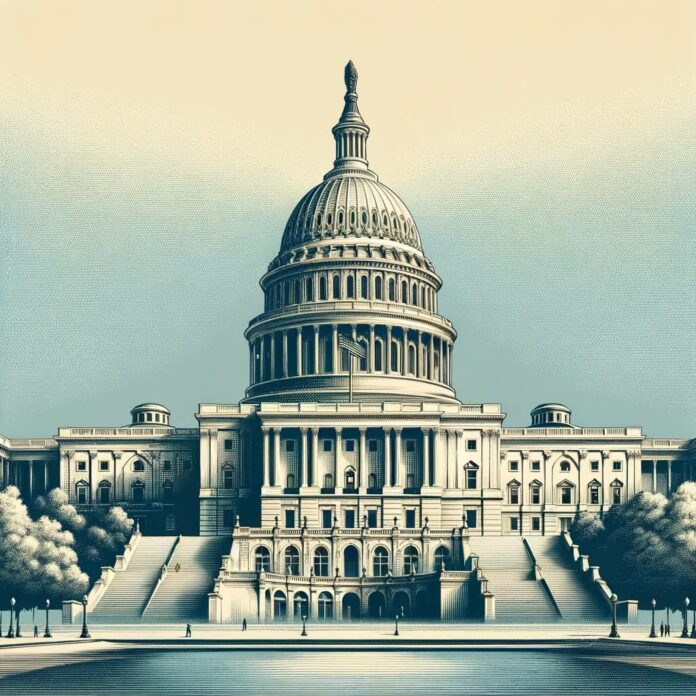The landscape of artificial intelligence (AI) lobbying underwent a dramatic transformation in 2023, witnessing an unprecedented surge in activity. Federal lobbying disclosures, as analyzed by OpenSecrets for CNBC, revealed that over 450 organizations engaged in AI lobbying efforts last year—a staggering 185% increase from the 158 organizations recorded in 2022. According to Open Secrets, over $957 million was spent lobbying the federal government in 2023 on issues including technology and AI.
This spike is set against the backdrop of intensified calls for AI regulation, spurred by the Biden administration’s initiative to lay down a regulatory framework. The array of entities diving into the lobbying fray spans a diverse spectrum, from established tech giants to burgeoning startups, across industries including pharmaceuticals, insurance, finance, and academia.
Notably, the push for influence saw new participants like TikTok’s parent company ByteDance, Tesla, and Nvidia, among others, entering the lobbying scene. Their goal: to shape the emerging regulatory landscape in ways that could best safeguard their interests and innovation potential.
The breadth of industries represented signals a widespread recognition of AI’s transformative potential and the critical need for a balanced regulatory approach. The lobbying efforts are not just about influencing immediate policy decisions; they also reflect a deeper engagement with broader societal implications of AI, including ethical considerations, privacy concerns, and the impact on the labor market.
In a landmark move, President Joe Biden issued an executive order on AI in October, marking the U.S. government’s first comprehensive action to address AI’s societal impacts. The order mandates new safety assessments, equity and civil rights guidelines, and research into AI’s effects on employment, tasking the National Institute of Standards and Technology (NIST) with developing standards for evaluating AI models.
As the public comment period solicited by NIST draws to a close, the dialogue around AI regulation continues to evolve. Stakeholders from various sectors are keenly participating in discussions, aiming to contribute to the development of responsible AI standards and risk management strategies. The debate around AI fairness, particularly its impact on marginalized communities, remains a focal point of contention and discussion.
The record-high lobbying activity in 2023 underscores the growing complexity of AI governance and the critical role of multi-stakeholder engagement in shaping policies that foster innovation while ensuring accountability and societal well-being. As the regulatory landscape for AI continues to unfold, the insights and positions articulated through these lobbying efforts will undoubtedly play a pivotal role in informing and shaping the future of AI regulation.
Sources include: CNBC
